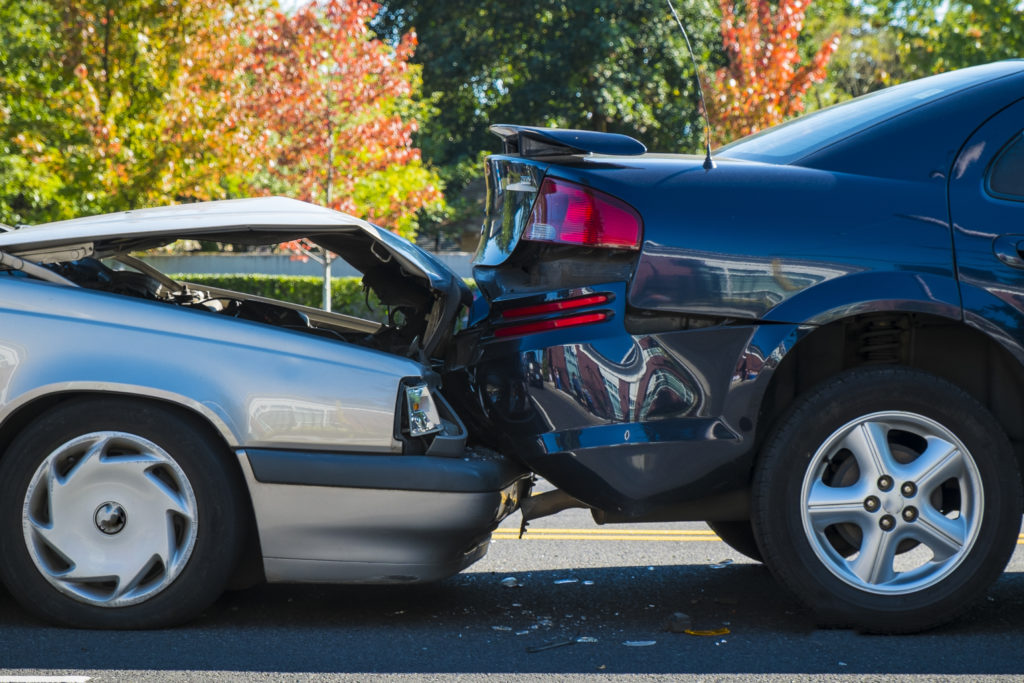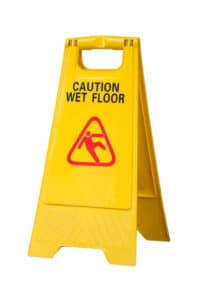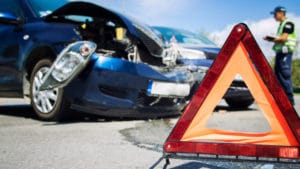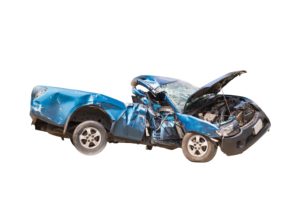
Personal Injury Law Firm Las Vegas, NV
If you’re involved in a car accident in which the other person has no insurance, or a policy that doesn’t cover the damages, you’ll likely end up making an uninsured or underinsured motorist insurance claim. These two coverage types are different, but they are related, and each can play a part in obtaining compensation if the person at fault has no or insufficient coverage. But when do you make one of these claims? And how do you go about doing it?
Underinsured Motorist Coverage: What Is It?
Many people misunderstand what underinsured motorist coverage is. Some people believe that this type of coverage only kicks in if the other driver is carrying below the legally required minimum amount of insurance. However, underinsured driver coverage acts more like gap coverage and is designed to protect you in the event that the other driver in the accident doesn’t have enough coverage to compensate you for all of your losses. For instance, if you end up with $50,000 in property damage and medical expenses because of an accident, and the other driver only carries $40,000 in coverage, your underinsured motorist coverage would kick in the extra $10,000.
However, this type of coverage doesn’t allow you to double dip. So if you get into a car accident and you’re owed $50,000, you don’t get the $40,000 from the other person and $50,000 from your underinsured motorist claim. Instead, you collect the $40,000 from the other driver’s insurance company. Then, you fill in the missing $10,000 by filing an underinsured motorist claim with your own insurance company.
Uninsured Motorist Coverage
Similarly, uninsured motorist coverage is a claim filed with your own insurance company. The different between uninsured and underinsured claims, however, is that you’ll be filing the uninsured motorist claim for the total amount of damages you’re seeking. This amount cannot exceed the amount of uninsured motorist coverage on your policy. If you incur $40,000 worth of damages in an accident due to the fault of an uninsured motorist and you have $75,000 in uninsured motorist coverage, you won’t owe anything. However, if those numbers are reversed you’ll be left responsible for the additional $35,000.
When to Act
If you’re going to make an uninsured or underinsured motorist claim, you need to act fast. Immediately notify your insurance company that an accident occurred and that you’ll be filing under one of these provisions. Most insurance companies give you as little as 30 days to discover the need for the claim, which just means to realize you’re dealing with an underinsured or uninsured motorist and make the claim. Even if you suspect the other driver is uninsured or underinsured, you should contact your insurance company. They can usually find out quickly whether or not you’re dealing with one of those types of claims, or if you’d be better off pursuing compensation from the other driver’s insurance company.
Limits on Coverage
There are some limits to the amount of underinsured or uninsured motorist coverage you can purchase. The most common limit states that the amount of uninsured or underinsured motorist insurance you purchase can’t exceed the amount of your general liability, or regular, insurance policy. This could create a situation where policyholders stock up on underinsured and uninsured motorist coverage but only carry the basic, bare-bones coverage for their general liability. This would put insurance companies in a difficult financial place.
Bad Faith Potential
Also, be aware of how confrontational your insurance company is in handling your underinsured or uninsured motorist claim. If you make one of these claims, your insurance company will likely do a thorough investigation including the details of your medical treatment, the types of injuries you incurred, and other details. However, they have a legal duty to handle your claim in good faith. If you suspect your insurance company is being overly adversarial in handling this type of claim, the investigation could lead to a bad-faith claim against your insurance company.
Always be sure to consult the Richard Harris Law Firm whenever you’re involved in a car accident. This is particularly important if you’re in a car accident involving property damage or personal injury. While insurance companies can do a lot for you in terms of protecting you against underinsured or uninsured drivers, there are many legal aspects of car accident law that make these issues complex and confusing. Most things in law are not as cut and dried as they seem, and it always benefits you to consult with a car accident lawyer to make sure you’re getting the compensation you deserve. Call us today at 702-444-4444.





























